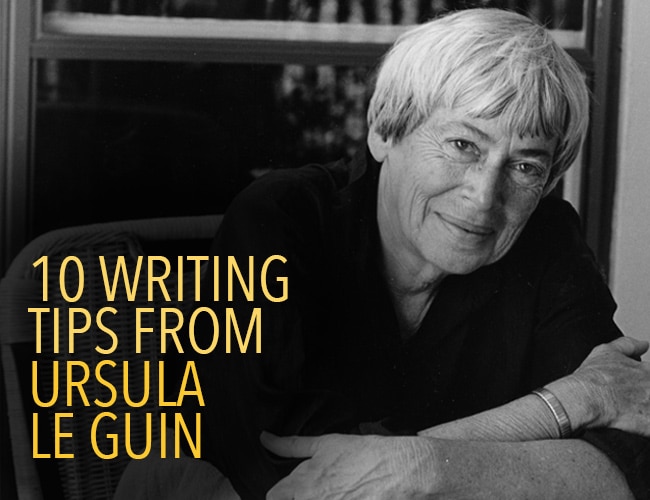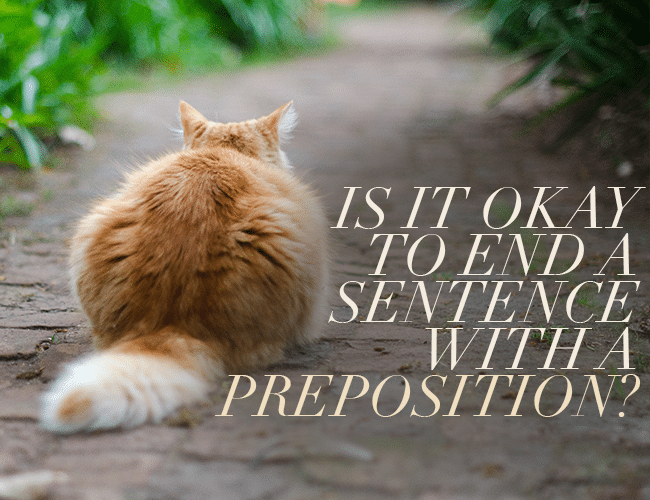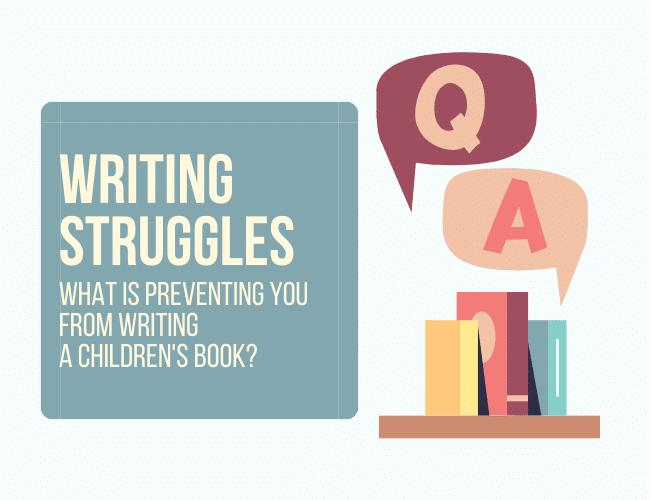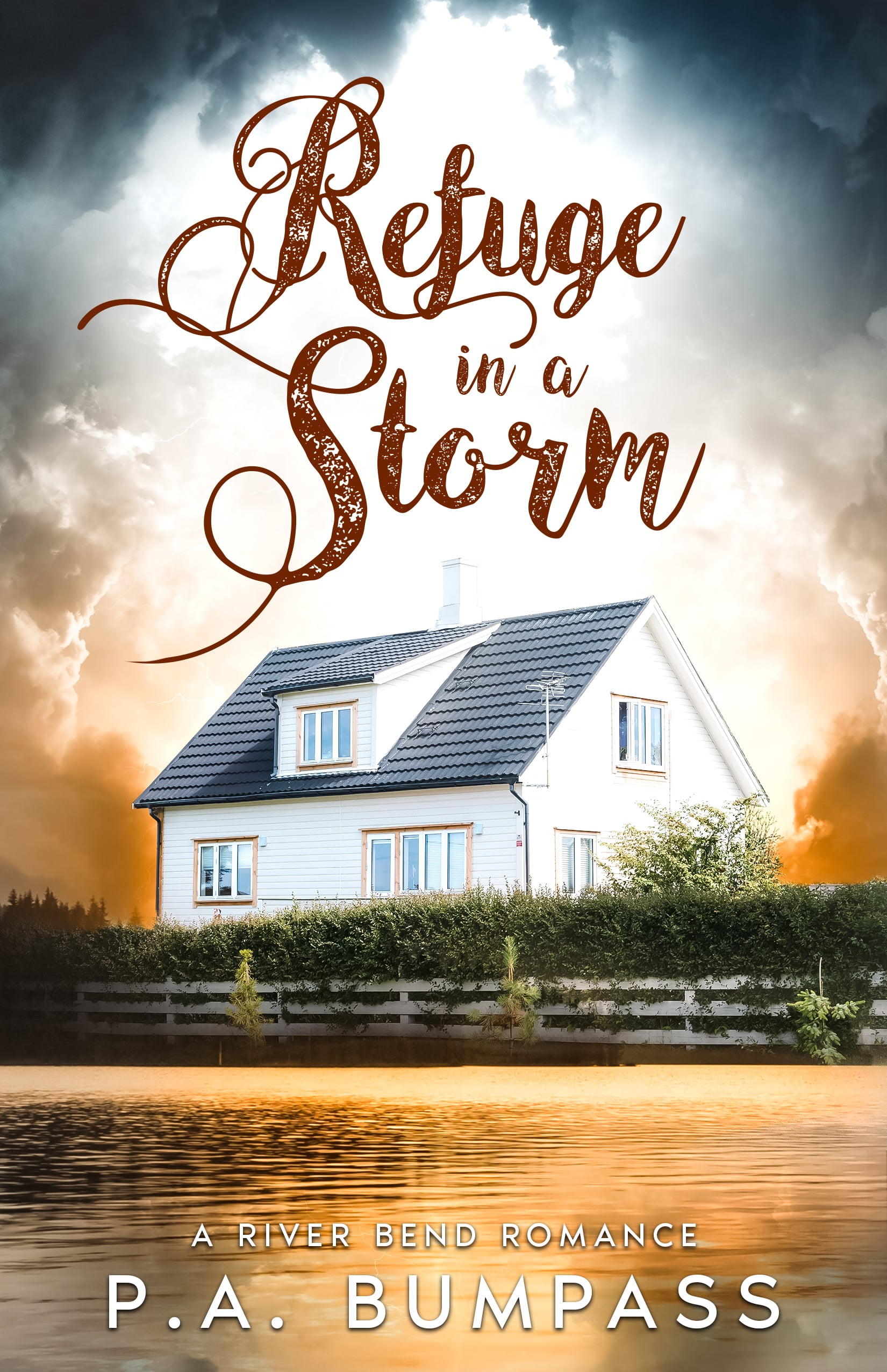While finding a word processing tool you are comfortable with is crucial to writing, there are other types of book writing software that are just as important. Before I wrote my first novel, if you’d told me that an important part of my book writing software arsenal would be a good spreadsheet, I would have said you were crazy.
Now that I’ve published three novels, I realize my plots and worlds would never make sense without them.













